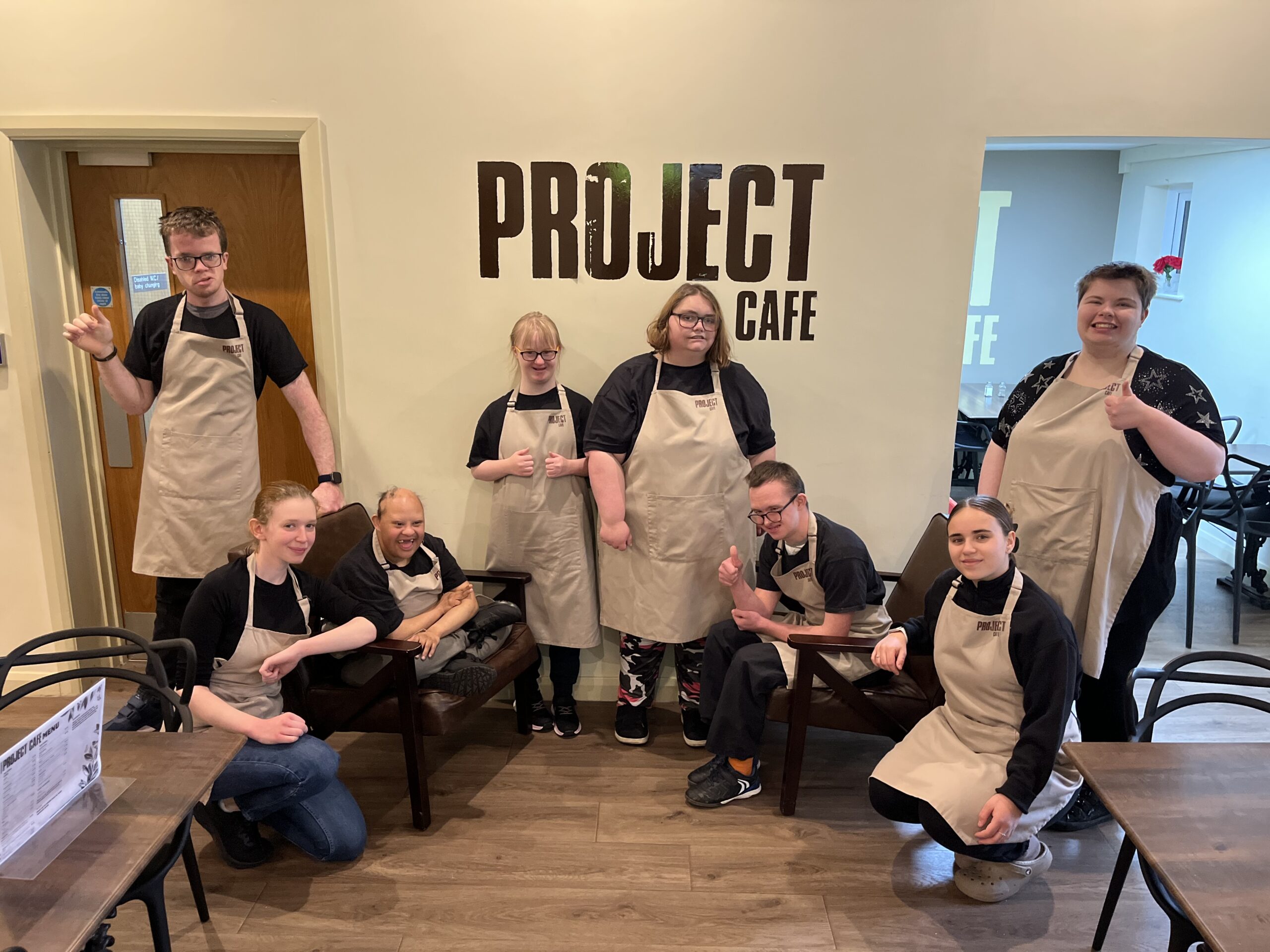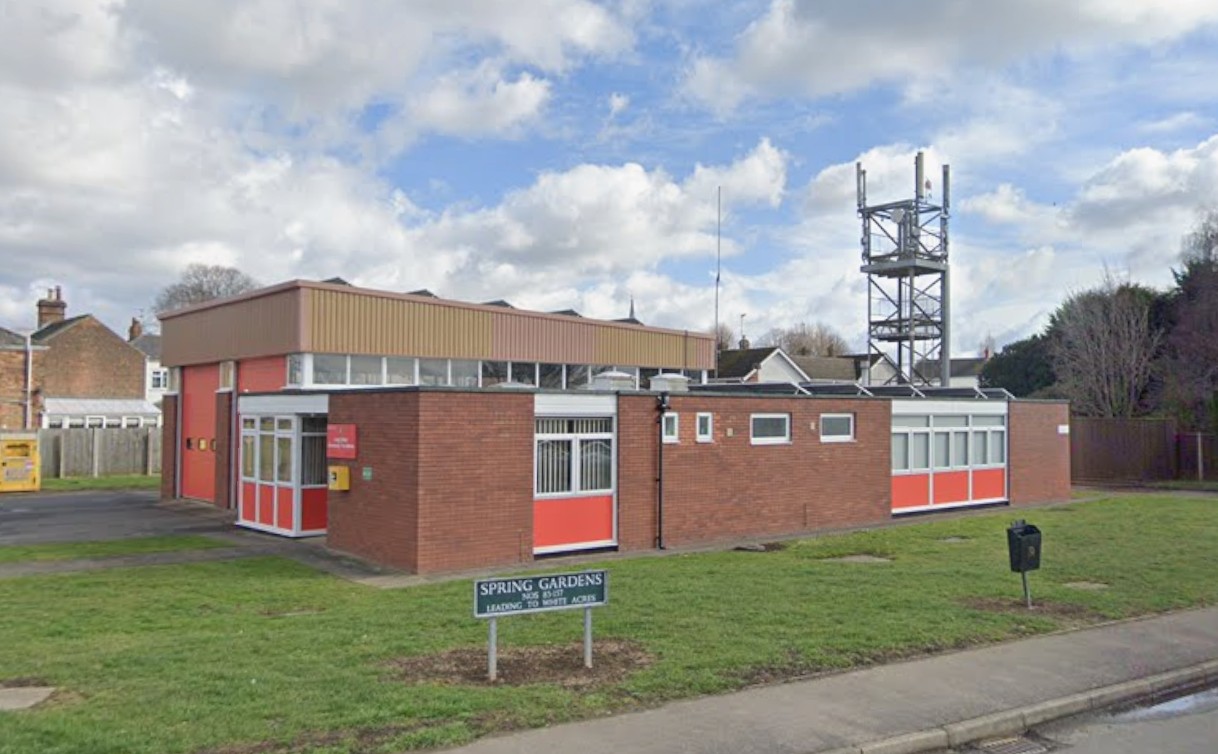John Tippler returns with some of his memories for readers to enjoy.
When I came to leave my first job, a business friend of my boss – seeing that I was still unsure about my longer-term career – chastised me: ‘I knew what I was going to do by the time I was 12’, he said. Maybe he did: I didn’t. In fact, I hardly gave it a thought until the very last moment before I left school.
I had enjoyed school, mostly for the things that were not to do with school work. It had been the period of the second world war, a time of turmoil and – for us schoolboys at the Spalding Grammar School – a time of real excitement. Aircraft constantly overhead on their way to the big raids on Germany; troops stationed in huts all around our playing field, with A-A guns we were allowed to sit on and swivel round; the air raids earlier in the war; the constant presence of the armed forces of many nations in the town; the following of the action at the war-fronts, with the aid of the maps we bought from Woolworth’s; and… oh! so many things that gave spice to life.
In July of 1945, I had finished my school certificate examinations – indifferent results expected – and was drifting along on a pleasant tide consisting of very little earnest work at school, but lots of swimming in the local rivers, helping to organise youth dances, and listening to the stories from friends who had left school a term early and were now in their first jobs. What I didn’t have was any particular ambition. Then, one morning after school assembly, our master asked the class if anyone was interested in architecture. No quick response! What about you? You’re good at art. He was looking at me. Tentatively, I and one other boy indicated an interest.
Well, it was a job; had to think about it sometime, I suppose. In a couple of days, I was fixed up with an interview with Mr F. Bernard Saunders, a local architect working as a one-man practice at that time. Even with the interview scheduled, I didn’t make any serious preparation for it beyond wondering how to dress. It was an easy decision: I had few options.
On the appointed day, I turned up, was interviewed, and now remember nothing of the discussion. On what basis I was accepted, I’ve no idea, but I suspect it was principally that the other candidate had dropped out. I did find out, however, that ‘FBS’ had just been appointed to form the first architect’s department of the Spalding Rural District Council, ready to cope with the big post-war housing drive that the government was directing. As it was to turn out, the two of us were the architect’s department until sometime in 1946, when FBS’s pre-war assistant returned from the army. I reported for work at the beginning of the next week at a small office at a street corner on Broad Street, wearing a new blue jacket that I (or rather, my father) had bought for the purpose. ‘I shouldn’t wear your best jacket for work’, said FBS, ‘It’ll get dirty on the drawing board.’ ‘It isn’t my best jacket,’ I replied indignantly; but the truth was that it was. Otherwise I had only my Sunday suit and my old, now tatty, school blazer.
He suggested that I bring an old jacket for the office, as he did himself, but I didn’t – couldn’t – comply, and the subject was dropped.
I can’t say that FBS was the best teacher in the world. He gave me a little instruction: how to spread a tracing linen, pinning the corners in diagonal sequence to get the linen flat; how to load with Indian ink and use the drawing pen (one of those things resembling a pair of tweezers), and how to keep it constantly clean without bending the sensitive tips; what colours should be used to colour every house plan we sent out: deep vermilions, greens, and browns for sections; washes of pale green, primrose, and carmine for the elevations and surface views.
I loved the carmine, mostly because it was the most expensive colour in the box – five shillings for one hexagonal stick (say about £12 in 2019 money).
Apart from those few things, it was pretty much ‘work it out for yourself’,
He was kindly, and his complaints were mild, and he gave me opportunities for trying my hand at house design. He admired some Roman lettering I did, but remarked that I had made a mess of it when I tried unsuccessfully to fill in the outlines with splodgy Indian ink. I remember only one piece of guidance, when he told me that the beautifully-curving access path that I designed for a house, would cost too much in concrete. Of course, none of my ‘designs’ was ever turned into reality.
During the period we were at the little corner office, the expanding RDC was establishing itself in two large houses in The Crescent in Spalding. We were to move there too, but before we did so one of my tasks was to run backwards and forwards between our office and The Crescent with various plans, most often for the attention of Mr Luker, the sanitary inspector. I learnt a useful lesson the first time I did it. I had tapped on Mr Luker’s door, and getting no reply I ventured in.
I saw a reddening angry face, from which issued what seemed like a cannon-blast of a voice, which propelled me backwards out of the door.
Later, when he had finished dictating a letter, he came out and gave me a forceful lesson in office manners. With time, I learnt a second lesson: that what at first seem the most irascible of people can be the most kindly. Mr Luker was like that.
Find out what happened next in The Voice next week.







